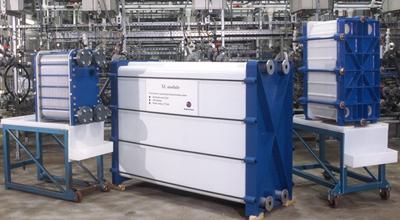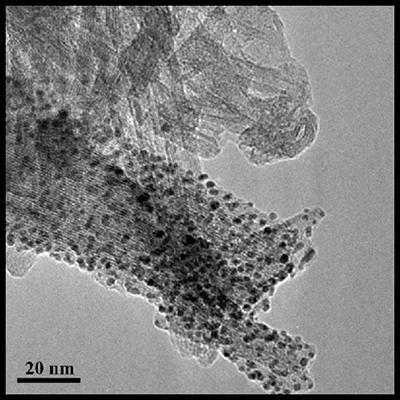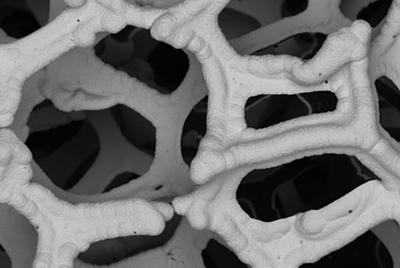Fuel Cells and Batteries
The research interests of the Electrochemical Engineering Laboratory range from synthesis and characterisation of new electrode materials through to the design of industrial electrochemical reactors, especially redox flow batteries for energy storage, fuel cells and electrochemical processes.


